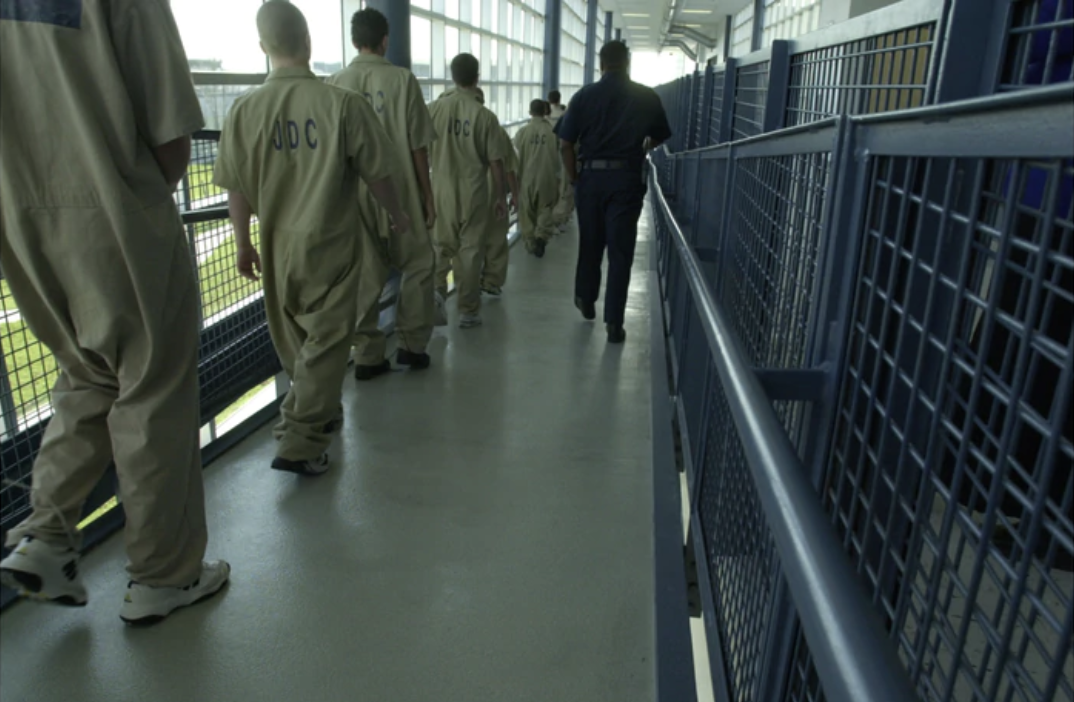For the original article: NJ.com
Fueled by fear and finances, a new state law will let almost all retired law enforcement under age 65 become armed school police officers, including former correctional officers who spent their careers guarding prisons.
Signed Monday by Gov. Phil Murphy, the law lets retired NJ Transit cops, Port Authority Police, Fish and Wildlife officers and others become part-time school police officers under the direction of the local police chief. It comes amid a push to bolster school security following last year’s mass shooting in Parkland, Florida.
“They are job-tested and proven in high-pressure situations,” said Assemblywoman BettyLou DeCroce, R-Morris, a sponsor of the bill. “Their presence in schools will make the halls, cafeterias and playgrounds safer.”
While supporters say there’s a shortage of affordable armed police for local schools, talk of the new law also sparked concern about how well corrections officers can transition from prisons to schools. While no one questioned their ability to respond during a shooting, skeptics wondered whether they would appropriately handle less violent situations involving young students — and whether their mere presence could negatively affect school culture.
The National School Climate Center called the plan a step in the wrong direction and urged schools to be clear about when officers should — and should not — get involved with students.
Even though he supported the plan, retired Denville Township police chief Christopher Wagner said he worried about retired corrections officers going from working with hardened criminals to working with kids
“I am not ecstatic,” he said before the law was passed. “We have worked really hard with the public to say we don’t want our schools to be a prison.”
But supporters said corrections officers aren’t much different from local police. They already have full arrest power and are often deployed as police officers for large-scale events, such as the Super Bowl or the Pope’s visit to New Jersey, according to William Sullivan, executive vice president of the union that represents the state’s corrections officers.
“If a prison guard can protect the Pope and citizens of this great state I assure you we can protect the children in our school systems,” Sullivan said. (Despite his usage of the term, he added that term “prison guard” is antiquated and doesn’t accurately reflect their work.)
The law passed both the Senate and Assembly without a single vote against it.
Districts can already hire anyone to be an armed guard as long as they have a license to carry a gun and hold an Armed security Officer credential. Those private security guards come cheap, around $30,000 a year but they are not actually police officers. They have no law enforcement authority and have no radio communication with local police.
Full-time school resource officers are recommended, and many districts have them. But they can cost more than $100,000 a year, plus benefits. The happy medium for districts has been a new class of officers, called “Class Three” special police, that the state created after the 2012 Sandy Hook Elementary School shooting.
Those officers work part-time exclusively serving schools and receive no benefits, making the cost significantly less than a full-time officer.
Prior to the new law, the pool was restricted to retired police officers under the age of 65. Now, the positions are open to any retired officer who served in a position that was eligible for participation in the Police and Firemen’s Retirement System, or who served as a law enforcement officer for a federal or bi-state law enforcement agency.
Officers must be also be physically fit and have basic police training.
Adam Clark may be reached at [email protected]. Follow him on twitter at @realAdamClark. Find NJ.com on Facebook.
Have a tip? Tell us. nj.com/tips



Recent Comments